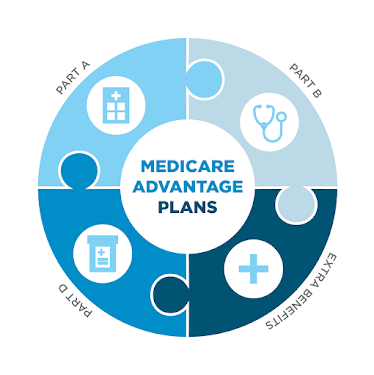Mental health and substance use disorders are pervasive in the United States, affecting millions of people each year. In fact, poor mental health is the leading cause of disability worldwide.
According to the National Institute of Mental Health, an estimated 1 in 5 adults in the United States experience a mental illness in any given year, and 1 in 12 adults experience a substance use disorder. These statistics underscore the vital importance of access to quality behavioral health services, including substance use and mental health treatment.
Fortunately, Medicaid provides coverage for many individuals with low incomes, including those with mental health and substance use disorders. Medicaid is the largest payer for behavioral health services in the United States, covering a range of services, including mental health counseling, substance use disorder treatment, and medication-assisted treatment.
However, the extent and quality of Medicaid behavioral health coverage vary significantly from state to state. To better understand the landscape of Medicaid behavioral health coverage, the Kaiser Family Foundation (KFF) conducts annual surveys of state Medicaid programs. In its most recent survey, conducted in 2022, KFF found that states are making progress in expanding access to behavioral health services for Medicaid enrollees, but significant gaps in coverage remain.
For example, while all states cover mental health outpatient services, only 45 states cover residential treatment for substance use disorder. Similarly, while all states cover medication-assisted treatment for opioid use disorder, only 28 states cover medication-assisted treatment for alcohol use disorder. These gaps in coverage can create significant barriers to care for individuals seeking treatment for substance use disorders, particularly those with co-occurring mental health conditions.
Moreover, KFF found that many states have not fully implemented the Medicaid behavioral health parity requirements established by the Affordable Care Act (ACA), which requires that mental health and substance use disorder services be covered at the same level as physical health services. In some cases, states have implemented parity requirements but have not fully enforced them, resulting in disparities in access to care for Medicaid enrollees with behavioral health needs.
The COVID-19 pandemic has also highlighted the critical need for Medicaid behavioral health coverage. The pandemic has increased stress and anxiety for many individuals, leading to a surge in demand for mental health services. According to a survey by the Centers for Disease Control and Prevention, the percentage of adults with recent symptoms of anxiety or depressive disorder increased from 36.4% in August 2020 to 41.5% in February 2021. Medicaid hopes these measures will ensure that individuals with low incomes have access to the behavioral health services they need during this challenging time.
Medicaid plays a critical role in providing access to behavioral health services for individuals with low incomes, including those with mental health and substance use disorders. However, significant gaps in coverage remain, and states must work to fully implement and enforce the Medicaid behavioral health parity requirements established by the ACA. By doing so, states can help to ensure that individuals with behavioral health needs receive the care and support they need to live healthy and fulfilling lives.

Agility Producer Support
(866) 590-9771
support@enrollinsurance.com




.png)
